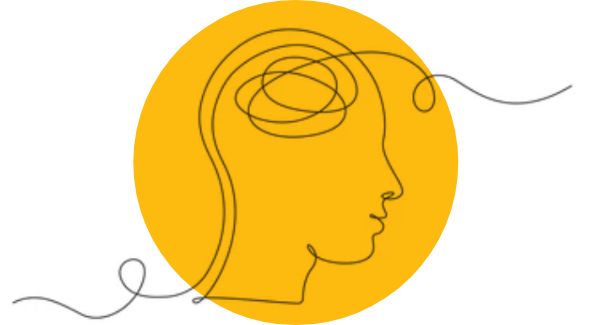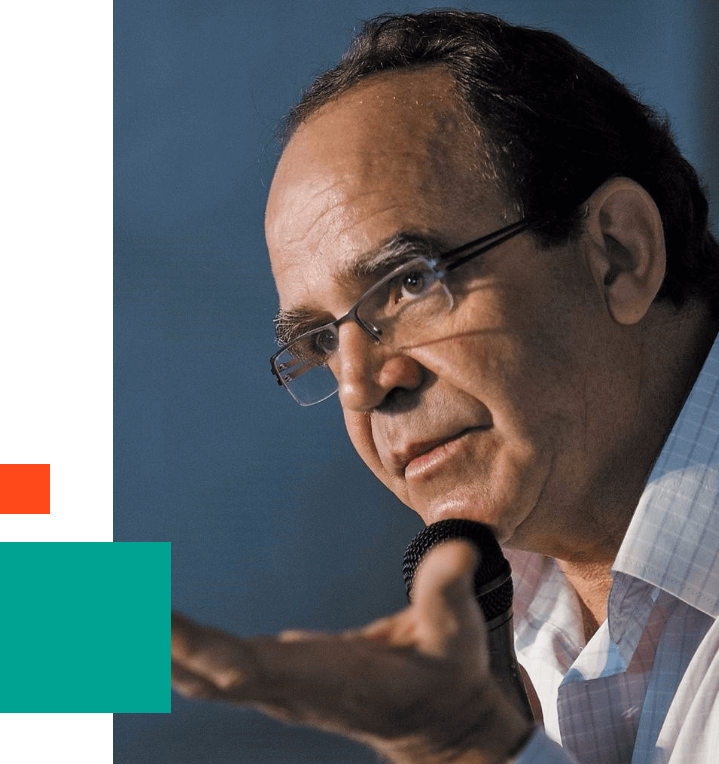ABOUT
Mastering meaningful learning – for life
Transformative learning

Evidence-based, practically applied
The FutureSharp approach is based on solid, reliable inquiry into the mind, brain and education sciences, and anchored in the sweet spot where the three disciplines converge. Drawing on decades-long research that sort the facts from the neuro-myths and quality data from pop psychology, the findings have been translated into practical and usable strategies and techniques, tried and tested with real students in real-life learning situations.
A meaningful learning framework
Our learning programme comprises three interrelated courses shaped by pivotal questions around (1) identity and self-knowledge, (2) meaningful subject mastery and (3) continuous, lifelong learning. Each course is easy to follow and intuitive, designed to equip you with sharper focus, sharper tools and sharper insights – for your subject, yourself and your future.
Find out more about the first course, The Mastery Study Strategy.


The course creator
Professor Ignatius Gous
FutureSharp was created by author, scholar and researcher Professor Ignatius Gous, whose work explores the mind, brain and education sciences. Equipped with an evidence-based framework, he is driven by the conviction that effective learning – transformative learning – hinges on the mastery of meaningful living, rather than on quick-fix tricks and tips for acing a subject. As he explains: “It is about more than just the content; it is key for a learner to answer who they are and why they are learning.”
Working with academic and working professional learners, in both group settings and personal coaching sessions, and covering a range of levels from basic education to MBA programmes, Professor Ignatius has helped numerous students improve their grades from average to distinction. Over the last 12 years of research and iteration, he has worked with more than 9,500 learners, presented his work in over 16 countries (with his work listed in the top 10 papers at an international conference), published 65 journal articles and regularly contributed to talk radio.
A faculty member at the University of South Africa (UNISA) for over four decades, Professor Ignatius is also involved with ongoing research and notable organisations include Maastricht (Netherlands), Neurofeedback (Germany), Middlesex University (Mauritius), the Higher Education Learning and Teaching Association of South Africa (South Africa), the European Distance Education Network (Italy and Croatia), Shanghai Open University (China) and the Graduate School for Education (Australia).
Working with academic and working professional learners, in both group settings and personal coaching sessions, and covering a range of levels from basic education to MBA programmes, Professor Ignatius has helped numerous students improve their grades from average to distinction. Over the last 12 years of research and iteration, he has worked with more than 9,500 learners, presented his work in over 16 countries (with his work listed in the top 10 papers at an international conference), published 65 journal articles and regularly contributed to talk radio.
A faculty member at the University of South Africa (UNISA) for over four decades, Professor Ignatius is also involved with ongoing research and notable organisations include Maastricht (Netherlands), Neurofeedback (Germany), Middlesex University (Mauritius), the Higher Education Learning and Teaching Association of South Africa (South Africa), the European Distance Education Network (Italy and Croatia), Shanghai Open University (China) and the Graduate School for Education (Australia).


